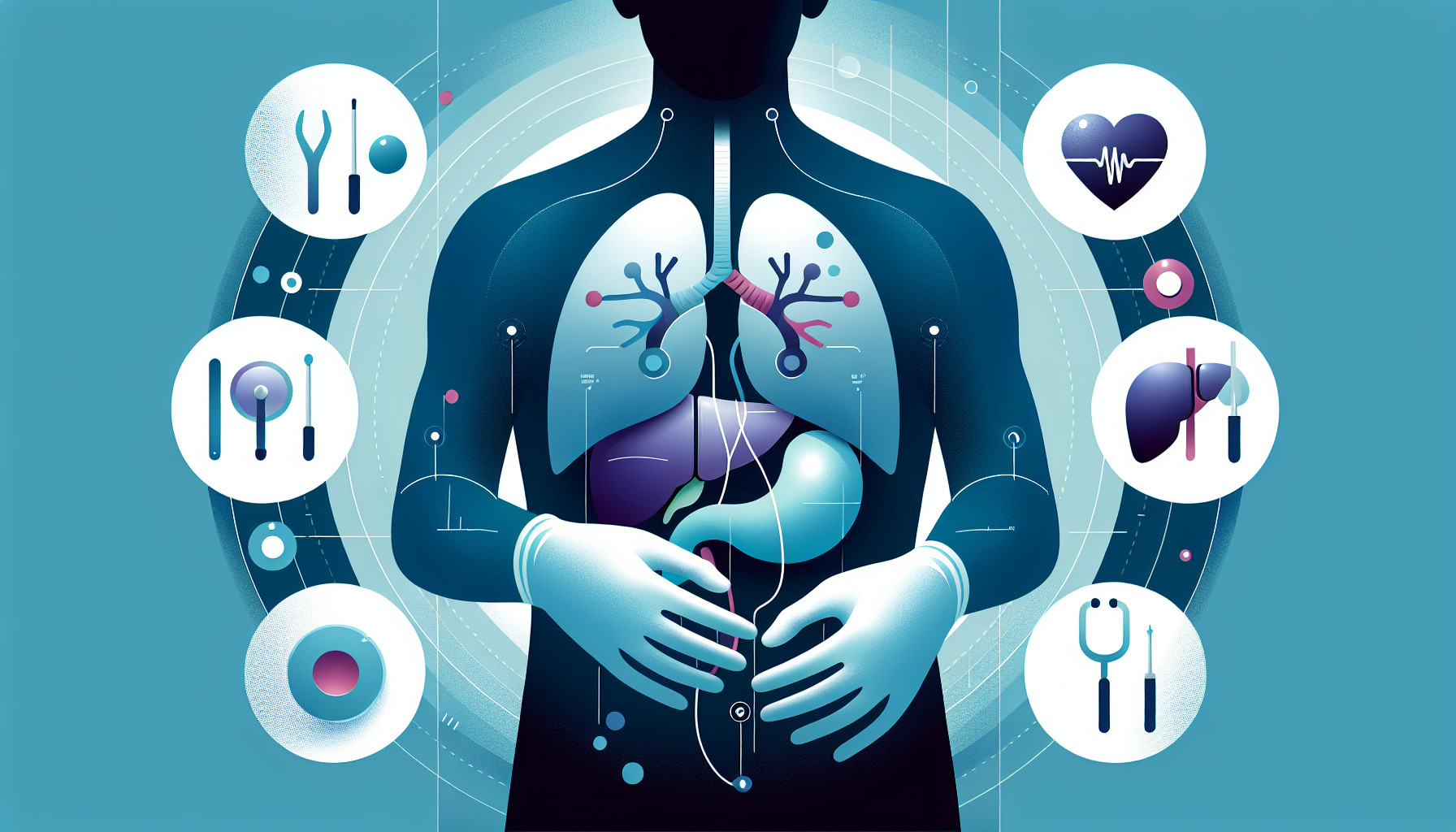Our Summary
The research paper discusses the recent progress in the field of organ transplantation that could potentially solve the issue of organ shortage. This refers to the scarcity of organ donors compared to the number of patients in need of a transplant. The paper likely explores new methods, technologies, or strategies that have been developed to address this problem. However, the abstract does not go into detail about what these advancements might be.
FAQs
- What recent advances have been made in the field of organ transplant?
- How do these advancements provide a solution to the organ shortage for transplants?
- What is the potential impact of these advancements on the future of organ transplants?
Doctor’s Tip
One helpful tip a doctor might tell a patient about organ transplant is to maintain a healthy lifestyle to optimize the success of the transplant. This can include eating a balanced diet, staying physically active, avoiding smoking and excessive alcohol consumption, and managing any chronic health conditions. Taking care of your overall health can help reduce the risk of complications and improve the long-term success of the transplant.
Suitable For
Patients who are typically recommended for organ transplant are those with end-stage organ failure, such as heart, lung, liver, kidney, or pancreas failure. These patients have exhausted all other treatment options and are not expected to survive without a transplant. Additionally, patients must meet certain medical criteria to be eligible for a transplant, such as being healthy enough to undergo surgery and follow a strict post-transplant medication regimen. Patients who are likely to benefit from a transplant and have a good chance of survival post-transplant are prioritized for organ allocation.
Timeline
Initial diagnosis: The patient is diagnosed with a medical condition that requires an organ transplant, such as end-stage renal disease, heart failure, or liver failure.
Evaluation and testing: The patient undergoes a series of tests and evaluations to determine their eligibility for a transplant, including blood tests, imaging studies, and consultations with specialists.
Waitlist placement: If the patient is deemed eligible for a transplant, they are placed on the national organ transplant waitlist. The wait time for a suitable organ can vary depending on factors such as blood type, organ availability, and medical urgency.
Organ matching: When a suitable organ becomes available, the patient is matched based on factors such as blood type, tissue compatibility, and medical urgency.
Surgery: The patient undergoes the transplant surgery, where the diseased organ is removed and replaced with the donated organ. The surgery can be lengthy and involves a team of surgeons, anesthesiologists, and nurses.
Recovery: After the surgery, the patient is closely monitored in the hospital for complications and to ensure the new organ is functioning properly. The recovery process can vary depending on the type of transplant and the individual’s overall health.
Post-transplant care: The patient will require lifelong follow-up care, including regular check-ups, medication management, and monitoring for signs of organ rejection or complications. Compliance with medication and lifestyle changes is crucial for the long-term success of the transplant.
Improved quality of life: For many patients, an organ transplant can significantly improve their quality of life and extend their lifespan. They may experience increased energy levels, improved organ function, and a renewed sense of hope for the future.
What to Ask Your Doctor
- What are the risks and benefits of receiving an organ transplant?
- How long is the waiting list for the specific organ I need?
- What criteria are used to determine eligibility for an organ transplant?
- What is the success rate of organ transplants at this facility?
- What is the recovery process like after receiving an organ transplant?
- What medications will I need to take after the transplant and what are the potential side effects?
- How often will I need to follow up with the transplant team after the surgery?
- Are there any lifestyle changes I need to make after receiving an organ transplant?
- What support services are available for transplant patients and their families?
- What happens if the transplant is not successful or if my body rejects the organ?
Reference
Authors: Sykes M. Journal: Science. 2022 Oct 14;378(6616):135-136. doi: 10.1126/science.abo7935. Epub 2022 Oct 13. PMID: 36227981
